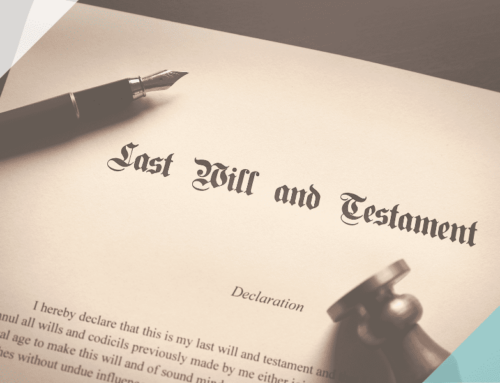Losing a loved one is an emotionally challenging time, and dealing with the practicalities that follow can be overwhelming. One of the essential aspects of settling a deceased person’s affairs is handling their financial matters, including paying bills and expenses. When someone dies, their estate is liable for paying their outstanding debts and someone has to pay their expenses after they die. The estate executer or administrator is the person responsible for making sure that this is done. Continue reading to understand the process and be prepared.
Starting the process
The first step is finding out what is owed, the executer will need to look through and organise the deceased’s paperwork and financial documents like bank statements, bills, insurance policies, and debt records. Following this make a list of creditors and utility companies and contact these people to notify them of the death. Whilst in the process of looking and checking through documents you should keep an eye out for any life insurance or other policies that could e used to pay off debts. If they had an interest only mortgage then they may have had an endowment policy in place to cover this.
If there are policies the policy holder should be told promptly so that the policy can be terminated due to it no longer being of use. The policyholder may ask for forms and evidence so that they can be placed in their records. It is likely that the deceased had pre-paid funeral plan they wished to follow, this would cover the expenses of the funeral.
Creditors after death
It is important to write to the deceased creditors to notify them of the death and ask for a statement declaring how much is due. Once they have noted the death on their records then they should not take the usual regular payments out of the bank account. Most creditors allow the estate some time to deal with matters.
Order of priority
If there is a lot of different debts to pay off then there needs to be a clear order of priority. Funeral expenses usually take priority over all other claims regarding the estate apart from debts like a car loan or mortgage where they will be priority.
After these debts have been paid off then testamentary debts are next in line this cover estate administration. Next in line are priority debts like bills and council tax and lastly unsecured are paid last, these include credit cad bills and utility bills.
Funeral expenses
The deceased’s funeral is usually planned out by themselves and often pre-paid however there are circumstances where this is not the case, and the funeral expenses will come out of the estate. It is also possible that the funeral funds will come out of the deceased’s bank account however the bank will require a copy of the funeral director’s invoice together with a certified copy of the death certificate. If the funds aren’t available then the family members may cover the costs and then get reimbursed by the estate later on.
Paying bills and expenses after someone dies can be a complex and emotionally charged process. It’s crucial to approach this task systematically and with proper legal guidance to ensure that the deceased’s financial affairs are handled correctly and in accordance with their wishes.
While this blog provides a general overview, it’s important to consult with a qualified Private Client Law Attorney who can provide personalised advice and assistance tailored to your specific situation. Here at Attwells we have a highly qualified Private Client Team that would love to support you through this challenging time.
Our blogs and articles are correct at the time of writing.
These have been created for marketing purposes only and should not be considered as legal advice.





